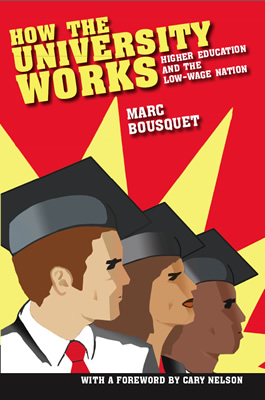Express-News: Creationists delay bid for master’s degrees
A creation science group hoping to offer master’s degrees in Texas has postponed its application to the Texas Higher Education Coordinating Board.
The Dallas-based Institute for Creation Research wants state approval to grant online master’s degrees in science education to prepare teachers to “understand the universe within the integrating framework of biblical creationism,” according to the school’s mission statement.
Last month, a panel of educators recommended its approval to the Coordinating Board, drawing fire from supporters of teaching evolution.

 Follow
Follow